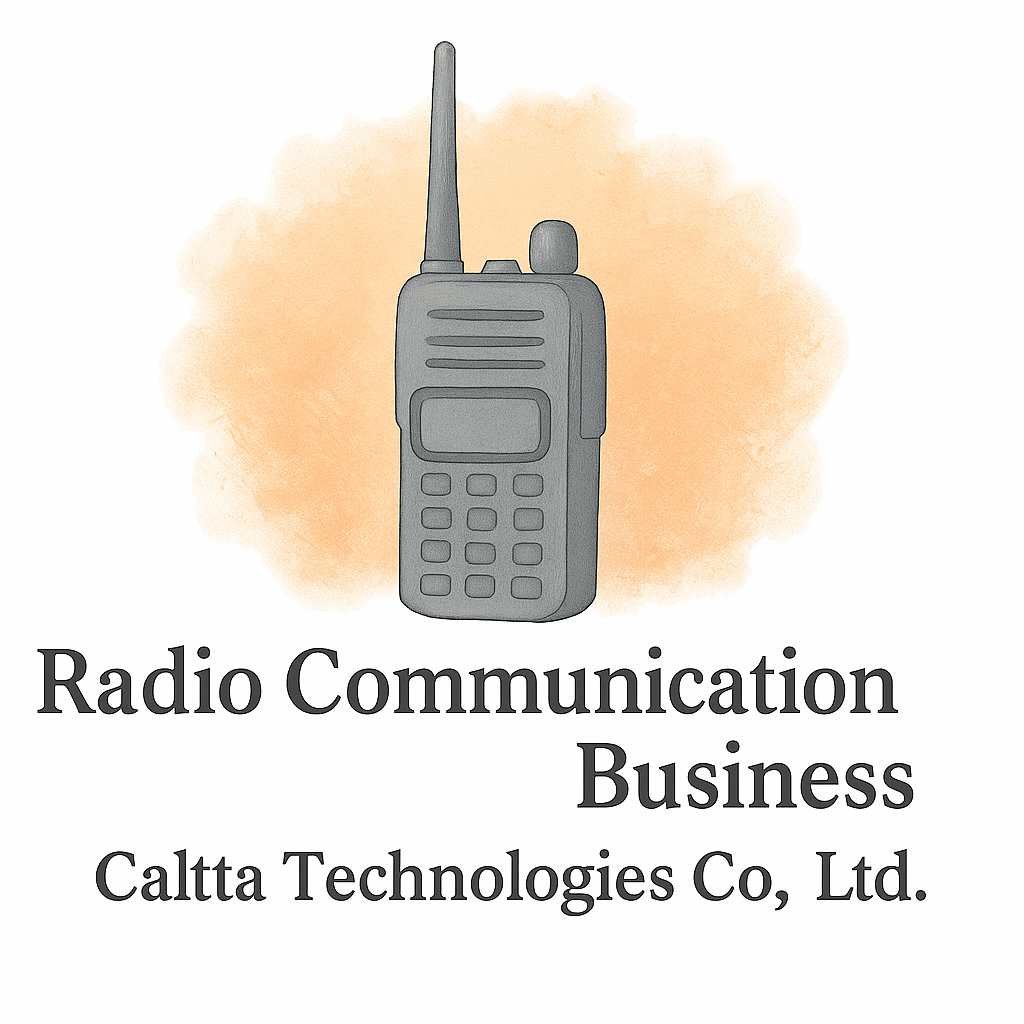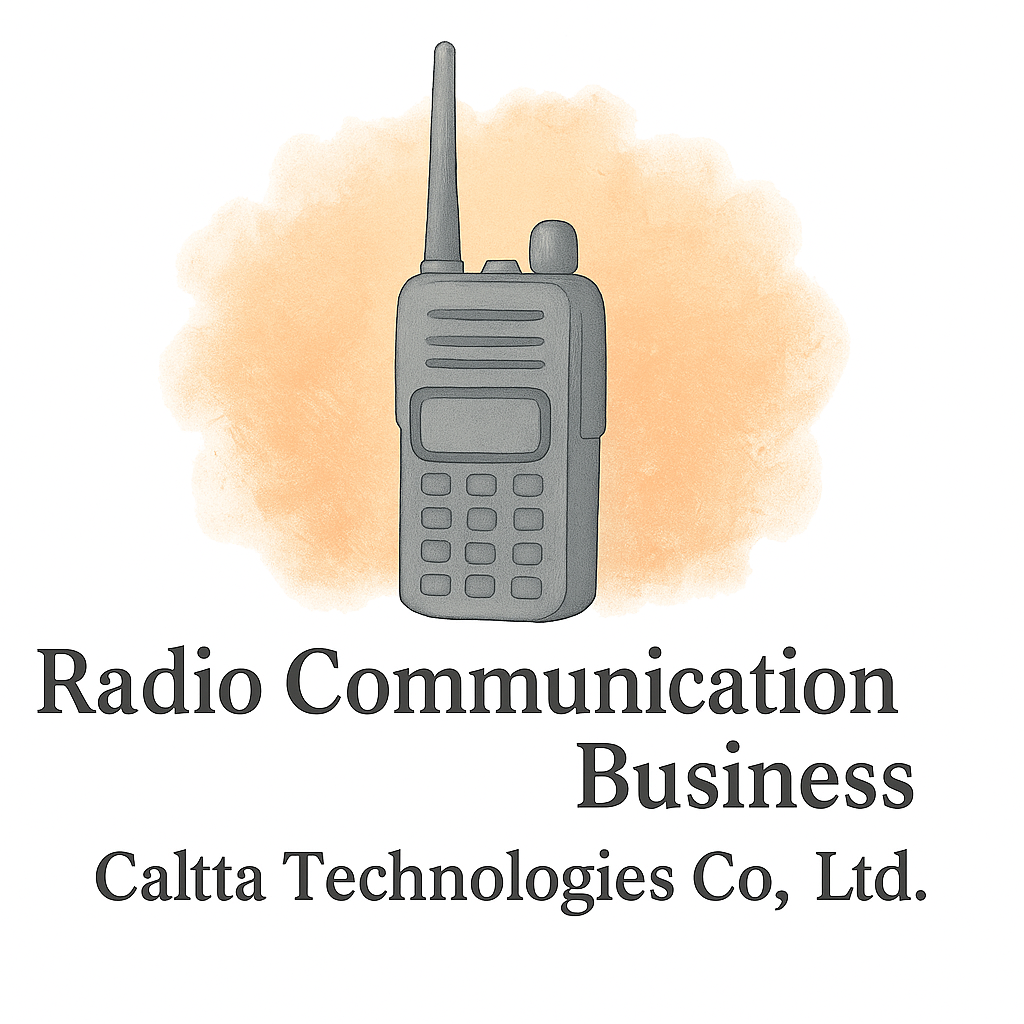Introduction
Starting a radio communication business isn’t just about having the right tech gear. It’s about timing, insight, preparation, and, most importantly—knowing when you’re actually ready. If you’ve been toying with the idea and wondering whether it’s time to take the leap, keep reading. We’re breaking down the five most telling signs that launching your own radio communication company is not only a good idea—but your next best move.
And don’t worry, we’ll also sprinkle in the tips, tools, and essential resources to get you started the right way. Let’s dive in.
1. You Have a Passion for Technology and Communication
Understanding the Core of Radio Communication
This business isn’t about randomly selling walkie-talkies or two-way radios—it’s about enabling efficient communication where it’s most needed: emergency response, logistics, construction, events, and more. If you love the idea of helping people stay connected in critical environments, you’re already a step ahead.
Whether it’s digital mobile radios (DMR), push-to-talk over cellular (PoC), or trunked radio systems, a genuine interest in how these systems work gives you an edge.
What Drives Entrepreneurs in This Industry
Successful founders in this space are often tinkerers and problem-solvers. If you’re constantly exploring new tech, following updates in the equipment and technology space, or testing out communication tools on the side, it might be time to turn that curiosity into a business.
2. You’ve Spotted a Market Gap
Local and Niche Demand Opportunities
Have you noticed poor communication solutions at local construction sites? Maybe you attended a large event and realized the team was using outdated gear. Spotting gaps is a superpower for entrepreneurs. If your area lacks reliable radio service providers, you could be the solution.
Take a deep dive into industry insights to see which sectors are underserved.
Tapping into Industry-Specific Needs
Different industries need different setups. Warehousing might demand long-range radios with strong battery life. Event managers could need lightweight, noise-canceling headsets. Tailoring your offer to a niche makes your brand instantly valuable.
3. You Understand the Equipment and Technology Landscape
Getting Familiar with Industry Tools
You don’t have to be an engineer, but if you’ve already researched radio frequency licensing, base stations, repeaters, or even encryption features, you’re ahead of the game.
If not, start here: https://calttainternational.com/tag/equipment
Choosing the Right Communication Equipment
There are hundreds of products on the market, but choosing the right mix of portable radios, vehicle-mounted units, and network gear requires strategy. Review specs, read user feedback, and stay updated with the latest trends in radio communication technology.

4. You’re Financially and Mentally Prepared
Budgeting for a Startup
Radio gear isn’t cheap, and neither is launching a business. From licensing fees to inventory costs, knowing how to manage your finances is critical.
Explore these helpful resources on financial planning and budget strategies.
Managing Risk and Growth Expectations
It’s easy to get excited and buy every cool piece of tech—but smart entrepreneurs pace their investments. If you’ve mentally prepared for slow months, client acquisition challenges, and tech hiccups, you’re ready.
And don’t forget to check out business startup basics to avoid rookie mistakes.
5. You’re Building a Network and Learning Continuously
The Power of Mentorship and Events
Have you attended any trade shows, tech conferences, or networking events? If you’ve started shaking hands and collecting cards, you’re building the most valuable business asset: relationships.
Browse these resources to stay in the loop:
Staying Ahead with Trends and Regulations
Are you up-to-date on FCC rules? Do you follow changes in spectrum allocation? Staying compliant isn’t optional—check out regulation and compliance tags to stay informed.
Common Mistakes to Avoid When Starting Out
A few common traps:
- Skipping market research
- Underestimating legal compliance
- Overspending on gear without clients
- Ignoring the importance of branding
Explore the mistakes tag for more slip-ups to dodge.
Strategic Planning: Laying a Strong Foundation
Every good business starts with a clear plan. What’s your pricing structure? Which industries will you serve? How will you position your services?
Tools and checklists on business setup can guide you step-by-step.
Legal and Regulatory Compliance in the Radio Business
Running a radio communication business isn’t a free-for-all. You’ll need to:
- Apply for FCC licenses (if in the U.S.)
- Follow frequency-use rules
- Keep up with national and local laws
Tap into law and changes to stay protected.
Marketing and Branding Your Radio Communication Business
Building a Brand People Trust
Do you have a memorable name, logo, and message? People need to instantly trust your equipment and services. That’s where strategic branding comes in.
Explore branding resources at marketing & branding and promotion.
Leveraging Social Media and Promotion
Instagram, YouTube, LinkedIn—they’re not just for lifestyle brands. Teach people how your radios save time, boost safety, or cut costs.
Use these tags:
Conclusion
If any of the five signs above resonated with you, you’re likely more prepared than you think to start your radio communication business. Whether it’s your passion for tech, a sharp eye for market gaps, or solid financial planning—you’ve got the foundation.
Now is the time to act. Map your goals, build your brand, and leverage the insights from trusted resources like Caltta International. The future of communication is wireless, and your business could be the next trusted voice in the signal chain.
FAQs
1. What’s the first step to starting a radio communication business?
Start with market research and a simple business plan. Then explore business startup basics.
2. Do I need a license to operate?
Yes, most jurisdictions require communication licenses. Visit regulation and compliance for details.
3. How much does it cost to launch?
Startup costs vary but expect to budget for licensing, equipment, marketing, and branding. See financial planning.
4. Can I run this business from home?
Absolutely. Many radio business owners operate online or from home initially, then scale.
5. Which industries need radio communication the most?
Construction, security, events, emergency services, and logistics are top industries—visit industry insights for more.
6. How do I find the best equipment?
Check out detailed guides on equipment & technology and read reviews before buying.
7. What are the top mistakes to avoid?
Overspending, skipping branding, and ignoring legal rules—see avoid and mistakes for more tips.


